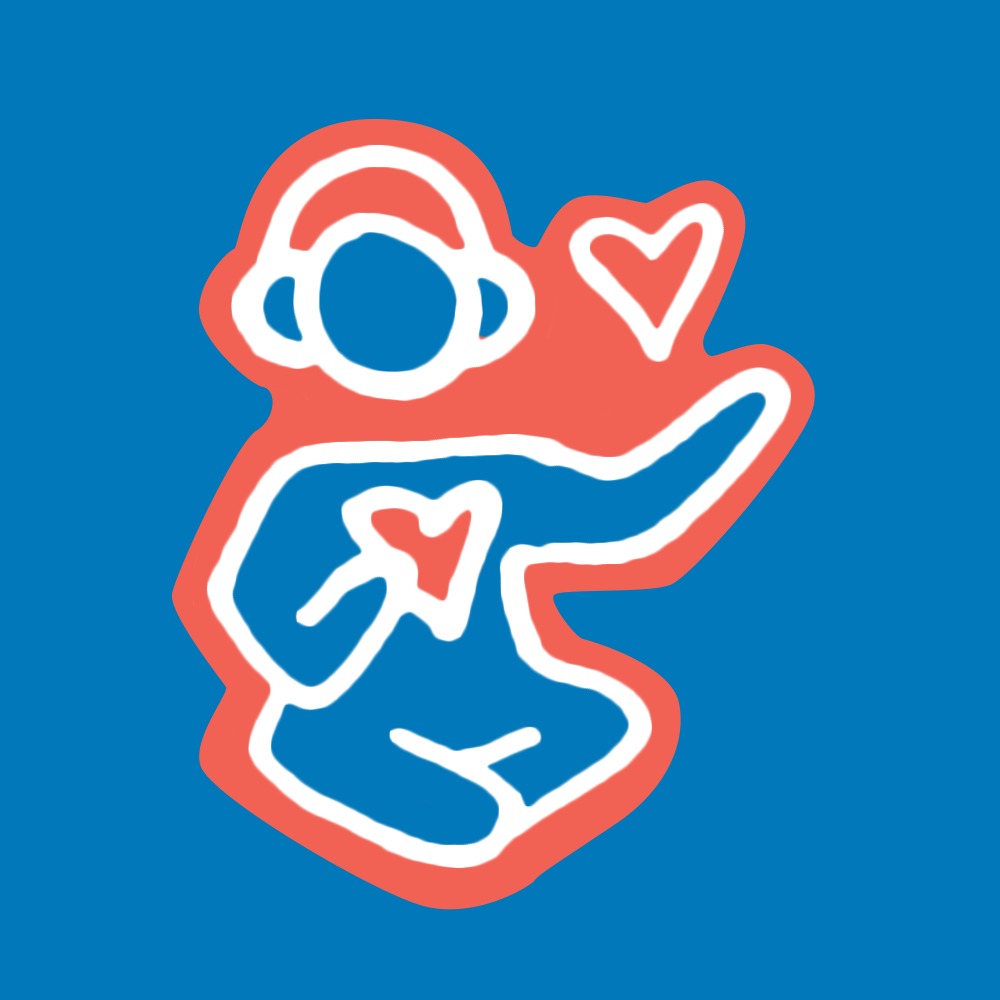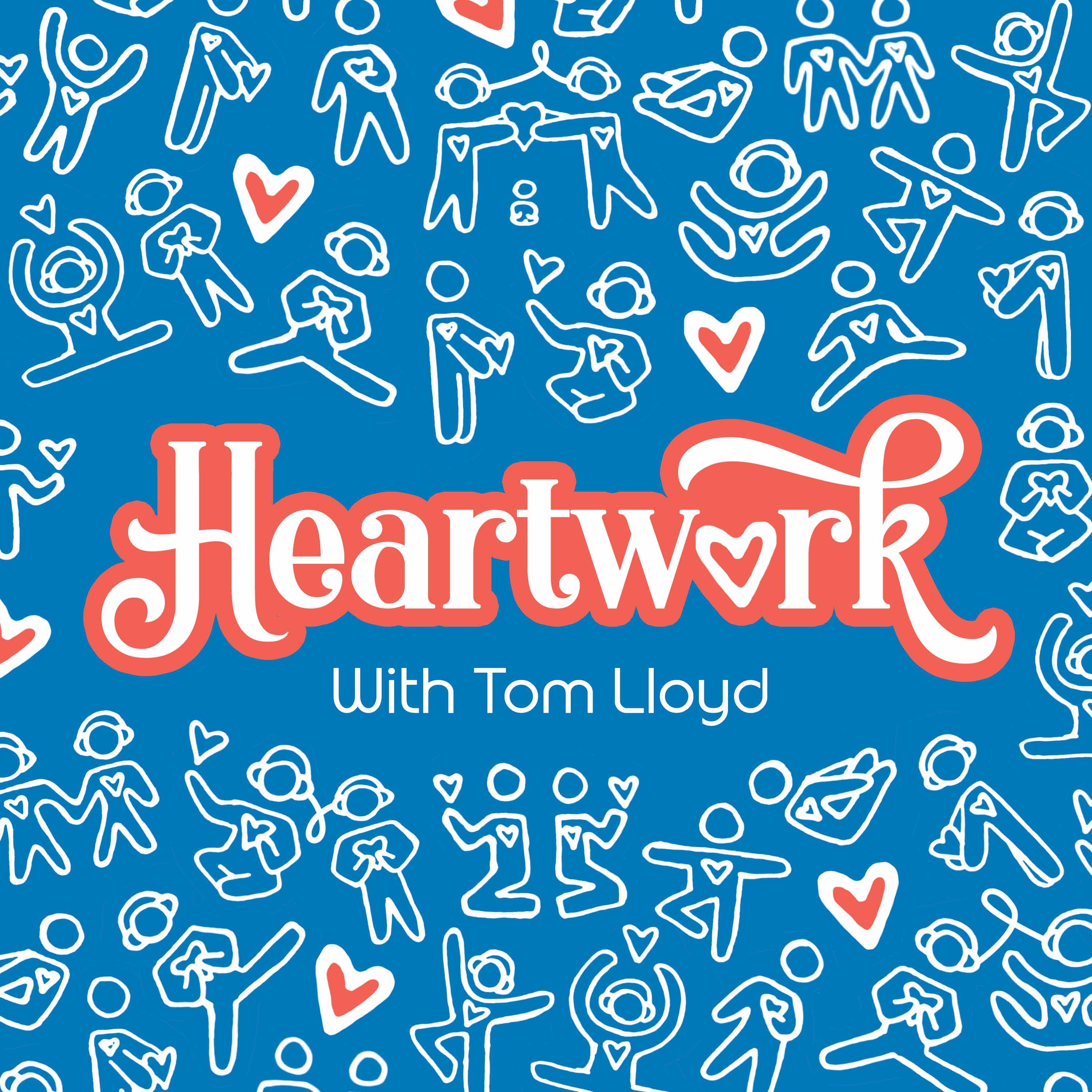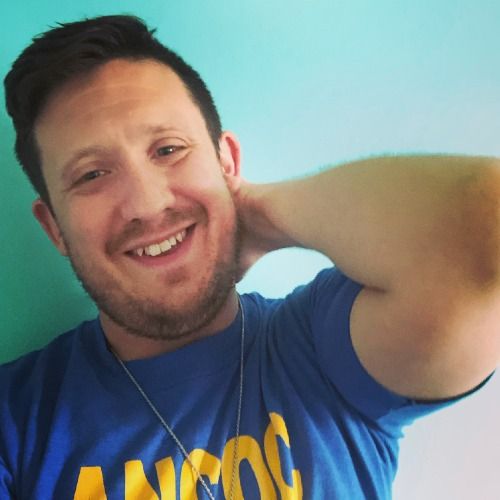Queer Family >> making babies, connection beyond blood, and surrounding children with love beyond limitations
Takeaways:
- If you’re starting a queer family you’re awesome and brave no matter what. That is 100% true. Kudos to you!
- True family, whether blood family or chosen family is always there for you. They are beyond ride or die. There’s no question. Family is there for you through all of life’s experiences.
- What’s your relationship to family? Are you a family person or not? If so, why? If not, why not? These are great questions do delve into.
- Choose your family, grow your family, and surround yourself and your children with as much love as you can find. Build a tribe of love! When I was a teenager I actually started skipping my own family vacations to go to my friend Jay’s giant family vacation every year. Nothing against my own family, I just found a special group of people there.That’s where I met Grace and I kept going because of the immense love and joy that I found there. Now there’s a baby that connects us. Jay and Grace and the rest of the Pokelas have always felt like family but now they officially are! Not only that but my own family is part of the picture too.
- What you model in your family has a good chance of being passed down. Both Grace and Melinda grew up in families that were non-traditional and embraced a sense of family beyond blood in their immediate circles. In fact, mine did too. We’ve all carried this forward in an incredible way. Be the family you wish to see in the world. It will proliferate.
- When creating queer family, at least in the conext of two women having a baby, you have the choice of having a known donor or an unknown donor. There is no right answer to this question. Ultimately it’s up to you to decide what’s going to work best for your situation.
- In a lesbian couple there is a gestational parent (the one who carries the baby) and a non-gestational parent. When I was editing this episode I realized for the first time the politics of the non-gestational parent and it blew my mind. This parent might not be the one carrying the baby, but many times they have a say in who the donor will be, whether the donor is known or unknown, and that is huge stuff. I always assumed that this decision was made by the couple, but I was wrong. At least in my case. It makes sense when you think about it for a little bit. I know it gave me a deeper insight into our dynamic and to be honest a deeper love for Melinda. I’m humbled.
- One of the best ways to make a decision regarding children is to put your own needs and opinions aside and ask what will be best for this child? Will this decision bring more love to my child’s life or will it take away love? If the answer is it will add love to your child’s life, then why hold back? Be aware if your own ego is putting limitations on the love your children could experience. Are you doing this for you or are you doing it for them?
- However you arrange your situation around queer family or family in general try to remember that children are just small people. They will eventually grow up to have their own opinions, their own identifications, and their own personalities regardless of how you arrange the situation.
- Let’s set the record straight: I had never had sex with Grace in order to conceive Evan. I’m gay which means I have sex with men. She’s a lesbian which means she has sex with women. Grace is also monogamous and married. In that regard it’s pretty ridiculous and border line offensive to even assume the two of us would have sex. We’re pretty jovial people so we laugh it off pretty easily, but know that not everyone would.
- What we used to conceive Evan is called a disposable softcup. Look it up! It worked well for us and it saved Grace and Melinda a boat load of money.
- If you’re going to start a queer family get ready for a lot of questions and assumptions. Most of the time people mean well but sometimes this can get borderline to heavily offensive. What helps me is to understand that people carry immense cultural baggage with them about the definition of family. It’s part of how they identify and validate themselves in the world, so realize that this is where their questions and assumptions come from. Try to be understanding and do your best to help them understand your perspective.
- Whatever your role in a queer family, know your narrative. I am not Evan’s father. I am not his Dad. He is not my child. Many people will continually prescribe these incorrect narratives on me and I do my best to correct them in that moment. I’ll even say, “nope that may be your understanding but that is not correct. Evan is my nephew, I helped make him, he has my genetics, but he isn’t “mine”, and he has two lovely parents, their names are Grace and Melinda.” People will even say, “How’s your son?” and I’ll say “He’s not my son, but he’s great!” You will have to correct people many times. Try not to get offended, be patient with people, and know that you’re carving out space for more than just your family.
- The more you verbalize, internalize, and walk the talk of your narrative the more it will be true. I’ve been quarantining with these three for the last two months and we’re all getting closer than ever. Do I think he’s my child now because of that? Absolutely not. Not even once has this thought crossed my mind. Does he look like me? Yes. Do I recognize parts of myself in him? Oh yeah, you bet. Do I love him? Oh my god yes! Is he the cutest most precious chunky baby angel ever? Yes, he should probably be a baby model. Do I tell him, “Uncle Tom is the best”? Everyday. Even after all that connection I still don’t see him as my child and this is true for me deep down in my core, in my thoughts, and in my emotions. That’s just how it is.


